
Isn’t it strange when you just know something to be true and then… suddenly, it isn’t? There are a lot of reasons that things like this could happen from something as simple as a faulty memory to (according to some) something as complex as the idea of alternate universes colliding. Regardless of how you feel about this strange phenomenon, dubbed The Mandela Effect, we guarantee that you have experienced it at least once. If you haven’t, you may be about to for the first time.
The Mandela Effect didn’t enter the world’s collective consciousness until around 2010 and it has been driving people mad ever since. Sometimes, it sparks a fun argument between you and your friends but other times, it leaves you staring at your ceiling instead of sleeping — because we all know it was Berenstein.

Even though the name of those bears has become one of the most iconic Mandela Effects, the name actually came from a misremembered fact about Nelson Mandela. Back in 2010, thousands of people flocked to their keyboards and defended the idea that Nelson Mandela died in prison sometime during the ’80s.
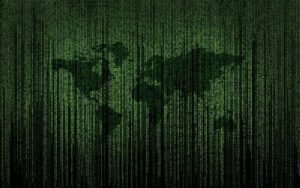
The truth is, he was released from prison in the year 1990 and went on to live to almost 100 years old. He lost a tumultuous battle to respiratory infection in the year 2013. From that moment on, the internet came alive with tons of facts that ended up not being particularly true.
A lot of Mandela Effects can be chalked up to poor memory. A lot of the things people are confused about faded from popularity, rebranding happens, and perhaps on the internet more than anywhere else, being wrong happens.
However, there are a lot of interesting ‘explanations’ as to why this phenomenon could be happening to so many people. Perhaps the most unnerving thing is that we really may never know the truth.
What Causes The Mandela Effect?

At this point, it is anyone’s guess what exactly causes this spooky phenomenon. It’s like déjà vu (or his less-popular-but-equally-unnerving cousin, jamais vu). Plenty of people have taken a crack at the answer but as far as we know, no one has figured it out.

A paranormal expert named Fiona Broome was the first one to come up with the term “Mandela Effect” and her explanation leaves a lot to be desired for the more skeptical among us. She claims that there are shifts in the multiverse, which is based on a theory saying that there are parallel realities that all feature slight variations in events and objects. According to her, there are things that cause people to shift between parallel realities and you may just be from a different timeline where you’re absolutely correct, just not anymore.
One possibility that has been proposed is that we are living in a simulation. The Simulation Theory is a heavily-studied and well-documented existential can of worms that you’re free to open if you’d like to stay awake freaking out for the next few days. For the less brave, the theory states that our reality is entirely computer generated and is therefore subject to glitches and software errors that would cause these kinds of continuity errors to occur.
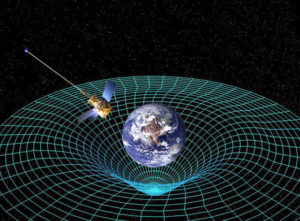
Some people claim that time travelers many years from now are coming back and making minor tweaks. The reason as to why they would do that ranges from completely arbitrary to more sinister. Maybe they’re just having a laugh but perhaps, there is some deep-rooted plot to undermine life as we know it. Where the Monopoly Man’s missing monocle comes into the picture hasn’t revealed itself yet but there are a shocking number of people who have accepted this to be the most likely culprit.
If you’re not someone who enjoys a good conspiracy once in a while, you might be just as confused as you were in the first place. We know you’re thinking, okay folks, really, what causes the Mandela Effect?
Psychologists have weighed in on the issue but nothing has been set in stone yet. As the Mandela Effect makes evident, reality is subject to change anyway. Memory distortion and false memories are heavily-studied and they can occur for a lot of reasons. Some people who have experienced moderate depression all the way up to severe trauma experience a shrinkage in the hippocampus that destroys synapses. This means that there are a lot of people who can not remember large portions of their lives or, their brains leave out minor details. This can improve with treatment but it just goes to show that memory can be a faulty thing. That is even true of healthy brains.
There is something called the Deese-Roediger and McDermott paradigm that could be responsible. When people have to memorize a list of words in a given category, words that are related but were not presented in the initial list can come to mind. It is extremely easy to create false memories using psychological experiments. It is also difficult for some people to differentiate between dreams and reality, something they may have seen on TV as a kid, and so on. False memories can happen for a lot of reasons.
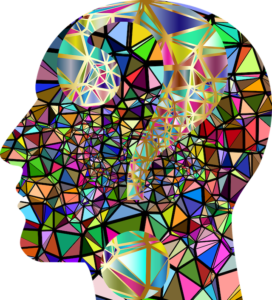
There is also a different kind of software error that could be going on. Schemas are compartments of knowledge in our brains and they make storage easier because there is a lot going on in there. The way that knowledge is compartmentalized can cause generalizations in our minds. We can also absorb other people’s generalizations. All it takes is for one person to get a fact wrong once and this can become viral in a sense, infecting people so widely that they just accept it as fact. For instance, “Luke, I am your father,” is not said in a single Star Wars film and yet it is somehow the most iconic line in the franchise.
The bottom line is that brains are complex and difficult to understand and, apparently, so is the reality that we all live in. Regardless of what you think causes the Mandela Effect, it’s something that is becoming more widespread and harder to explain as time goes on. Some of them are extremely weird! We’re going to take a quick walk down memory lane and check out some of the weirdest and most unnerving Mandela Effects so far. We’re going to skirt past some of the more common ones and try to present you with something new that you may have never known.
“Beam Me Up, Scotty!”
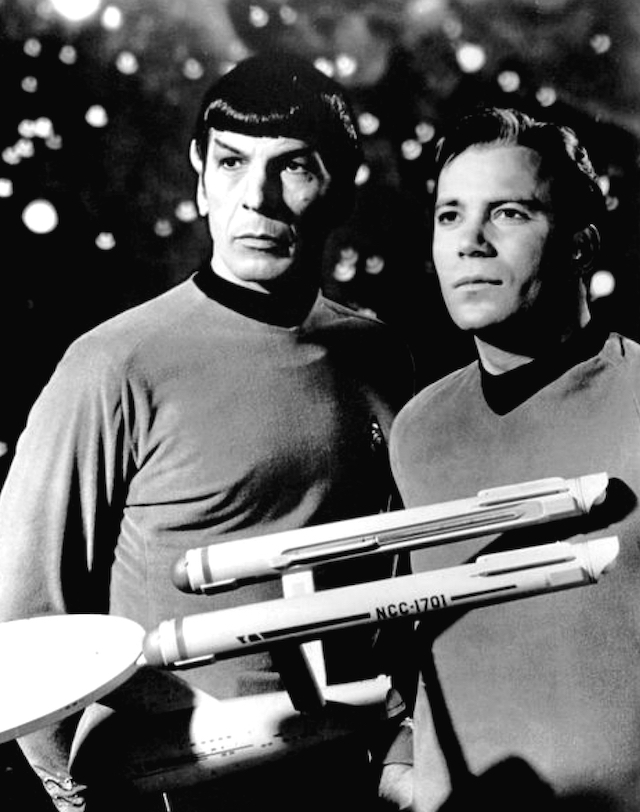
This is one of the most highly-remembered lines from Star Trek. Every franchise has that one thing that hangs around for years after it isn’t as popular as it may have been in the past. This is one of those instances that could just be a case of misremembering, especially with the way that this line was said in shows and movies all throughout the ’80s and ’90s. There is an explanation for the line not being a direct quote; however, it is a little bit strange to find out that the one thing you remember most about Star Trek… never even happened.
This line is attributed to Captain Kirk, who was played by William Shatner. His strange cadence and stern speaking voice stand out to anyone who has ever seen just one episode of the series. In all of the nearly-80 episodes that he was in, he never says this line. It is so popular that there are even tanning salons that bear this phrase as their names. He said similar lines throughout the entire series but never this specific one. In fact, he more frequently said, “Scotty, beam me up.” Weird, isn’t it?
“It’s A Beautiful Day in The Neighborhood.”
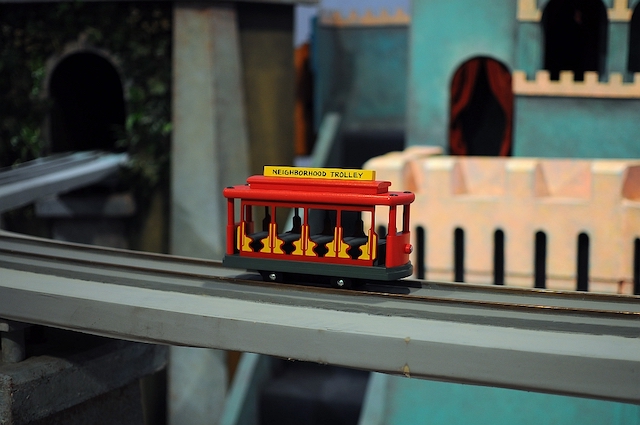
Fred McFeely Rogers, who we all know as Mr. Rogers, was a national treasure that will be deeply missed. His show and his activism surrounding public media changed the world in a lot of ways. He is best known for his show Mister Rogers’ Neighborhood, which ran from 1968 to 2001. Obviously, such a long-running series that tackled tough topics in a way that children could understand won the hearts of several generations. Mr. Rogers always spoke to children as individuals, never demeaned their intelligence, and the show had substance. It was amazing! One of the things that people seem to remember most is the theme song of the show, which Rogers sang himself.
“Won’t You Be My Neighbor?” was the title of the theme and it was written in 1967 when the show was in production. The first line is… sing it with us… “It’s a beautiful day in this neighborhood.” That doesn’t feel right, does it? Most people remember the line as being “It’s a beautiful day in the neighborhood.” However, if you go back through and watch, this isn’t correct. Curiously, A Beautiful Day in the Neighborhood is the title of the 2019 biopic about Rogers’ life. The lyrics are correct in the actual film so this could be a stylistic choice but, we’re counting it as what’s known as a residue of this effect.
“Smokey The Bear”
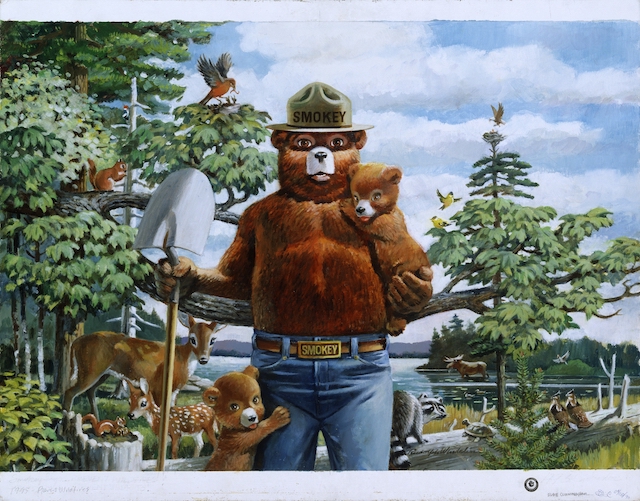
Everyone knows that only you can prevent forest fires and we know it because Smokey The Bear has been teaching kids that key environmental safety tidbit since 1944. Forest fires being caused by people have always been a problem but it really started to get public attention after World War 2 and thus, this campaign was born. The lovable fuzzy forest ranger we all know is apparently just called Smokey Bear. This is interesting because this is one of the Mandela Effects with a lot of “residue.” Residue is the term used to describe the way things purportedly “used to be” before the Mandela Effect changed it.
When you do some research online, you can find several instances of news sources and other media referencing Smokey the Bear; however, he was never called that in any official media related to fire prevention. There is a song that was released in 1952 by Ed Arnold titled “Smokey the Bear” and the lyrics were reportedly changed to match the melody of the song. This could be why everyone misremembers it incorrectly; there was also an actual bear named Smokey. However you remember it, you can find historical references to both and it makes this a very weird Mandela Effect to think.
Tinkerbell’s Disney Intro
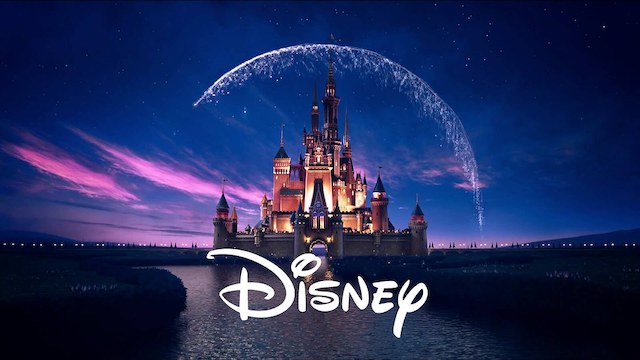
Disney has had a lot of different introductions over the years, it has become as deeply ingrained in the minds of generations young and old. It is as easily recalled as the Pixar introduction with the lamp. The basic introduction scene has been the same over the years even though it has been stylized in many different ways. The castle is visible and a shooting star, a line, or whatever they used in that particular iteration bridges over the castle. Many people remember one of these introductions featuring Tinkerbell. In some of them, she would appear and use her wand to draw the arch and then dot the letter I in the word “Disney.”
In others, people recall her struggling to get her wand to work and hitting it against her hand a few times to get it to work. What’s strange is that there is no evidence of this ever existing. While thousands of people distinctly remember this introduction, they have trouble placing their finger on what movie or show that it came from. This doesn’t seem like it should be an issue because there are videos that are just compilations of Disney introductions and this widely-recalled scene should be in there… but it isn’t. Even though many of us remember this, this Mandela Effect has no residue.
“Luke, I Am Your Father.”
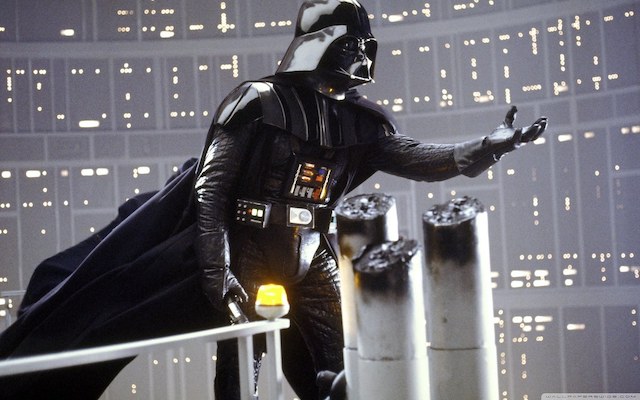
I know we said that we were going to stay away from some of the more widely-known Mandela Effects but this one is so strange that it just needs to be brought up. Hundreds of shows, movies, and other pieces of media have quoted this line over the years. Star Wars is easily one of the most iconic and enduringly relevant sci-fi franchises in popular culture today. Even though a lot of the more niche sci-fi books and movies are “reserved for the nerds,” this one continues to be extremely popular. Its popularity is on the rise once again now that Disney has taken over and Baby Yoda has taken up permanent residents in our hearts.
One thing that we believe will shock you every single time that you read it is that this line is not featured in any of the Star Wars films. James Earl Jones himself recalls the first time he read the script in the 2004 documentary titled Empire of Dreams: The Story of the Star Wars Trilogy, and how shocking the revelation was that Darth Vader was the father of Luke Skywalker. He says the iconic line in the documentary (which is how he remembers it) but, as it turns out, the line in the original film is actually “No, I am your father.”
“Febreeze”

This one is a sensitive subject. It could easily be just the fact that all of us are terrible at spelling but enough people have brought it up over the past decade of Mandela Madness that we wanted to talk about it. There is residue of this one, photos of bottles of this fabric refresher and air freshener that feature the supposed original spelling of Febreeze. There is no guarantee that these photos are not clever photoshop masterpieces designed to further the misconception. It would make sense if it was Febreeze because it’s an air freshener, like a breeze. However, the product’s correct spelling is Febreze.
This is a tough one because it isn’t something that you think about very often unless you’re one of the lucky people who got lured into completely trashed minivans and bedrooms and were blindfolded and told to sniff. At the same time, this stuff is everywhere and you probably have some of it in your house right now. It seems so odd that such a ubiquitous product would fall into the trap of a Mandela Effect. Do you remember Febreeze or Febreze? It’s possible that we’re not just noseblind but also simply blind and have been misreading it all this time. But, there is still the chance that the universe has completely turned on its head and this sketchy misspelled product cannot be trusted.
“Mirror, Mirror On The Wall”
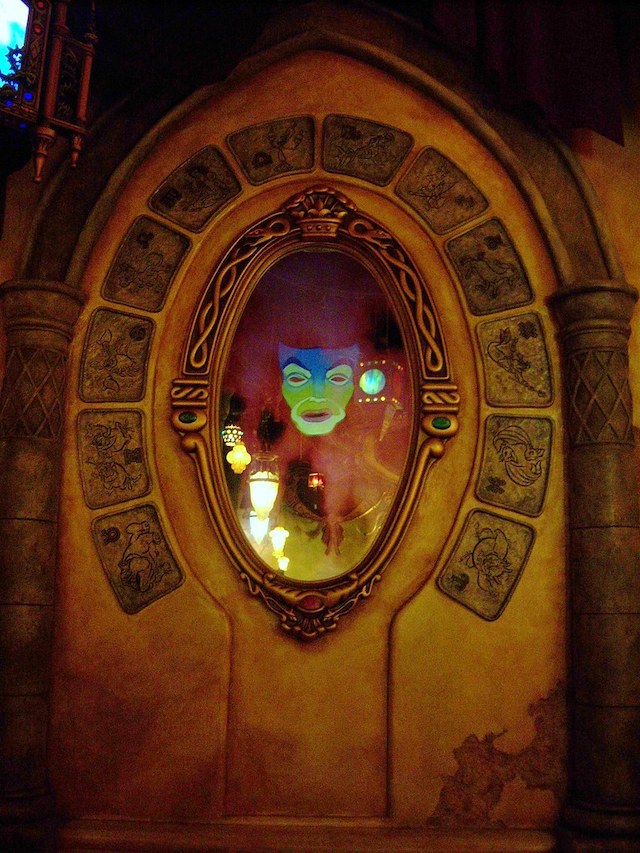
Some movie lines live on far past the popularity of the film itself and this is another one of them. Snow White and The Seven Dwarfs is a classic Disney film that was originally released in 1937. The Evil Queen is Snow White’s stepmother and she’s extremely full of herself and jealous of Snow White. Due to that insecurity, she asks her Magic Mirror every day who the fairest in all the land is. Siri would have just said “I can’t answer that,” but the Mirror came in clutch and always said that it was her, until one day it said Snow White, which sent her into the spiral that kicks off the film. However, most people remember her saying the line, “Mirror, Mirror on the wall.”
The actual line in the film is “Magic Mirror on the wall.” This is something that most people are baffled by because they remember it very distinctly. It is another one of those lines that has been quoted in tons of other shows and movies ranging from The Simpsons to Shrek. It is always quoted as being “Mirror, mirror.” Further, there are a lot of older promotional materials from the 80’s and 90’s that are directly tied to Snow White and The Seven Dwarfs that also use the “Mirror, mirror” line even though this is apparently incorrect and was never part of the original story or film.
The Salem Witch Trials
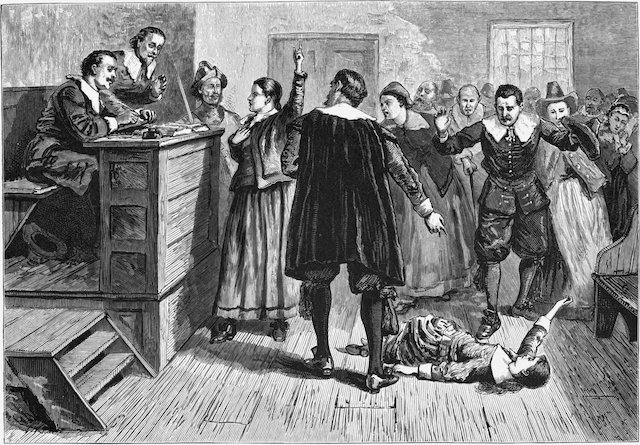
This one is going to be slightly crazier than the others, perhaps, because of its historical significance. Most Mandela Effects are just a little bit strange but, they are recent enough that there is enough information to explain them away. Typically, of course. This is one that comes a little bit out of left field for a lot of people. Talking about being “burned at the stake” goes back to the Salem Witch Trials and it has been referenced in books, films, and even art pieces that were created back in the times of the Trials.
Burning witches is a theme that is touched on in movies, books, and even songs (Looking at you, Rob Zombie). Even your most annoying Facebook friend has probably shared the quote, “We are the granddaughters of the witches you couldn’t burn.” (Originally said by Tish Thawer.)
This turns out to be a very widespread misconception (read: definitely a Mandela Effect). Despite all of these references and the fact you may have even been taught this is school, there is no historical evidence of any suspected witches being burned at the stake. Some variations on this include the belief that the accused were drowned or stoned to death. However, all but one of the executions of those who were accused of witchcraft during this time were apparently hangings.
“ET Phone Home.”
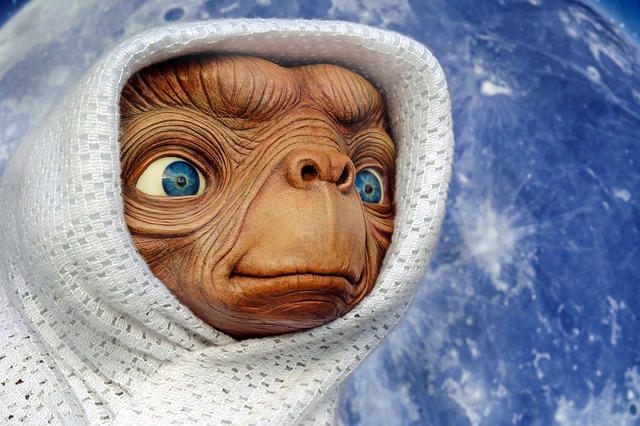
We know that you’re deeply shaken up by this point but you have almost made it to the end here and we’re sorry to say that this one might traumatize you just as much as the first time you watched that creepy sentient raisin on your screen. E.T. the Extra-Terrestrial is considered one of the greatest films of all time and has held its place as the greatest sci-fi film ever made on Rotten Tomatoes for a very long time. It was an immediate hit and was one of the films of the ’80s that would shape a generation. As with any movie with such unprecedented popularity, it has been quoted in other media and even ad campaigns. The loveable alien even makes a cameo in the Roku screensaver.
The line that everyone has been quoting for almost half a century now comes from the scene where E.T. discovers the phone, and he starts trying to tell the kids that he needs to make contact with his home planet. Nevermind the astronomical roaming charge. While you may distinctly remember him as saying “E.T. phone home,” (as you can probably guess), he never said that! The actual line in the movie is “E.T. home phone.” Granted, he does end up saying “phone home” later in the film according to some sources, the fact that the original line isn’t quite what everyone remembers remains startling.
“Looney Toons”
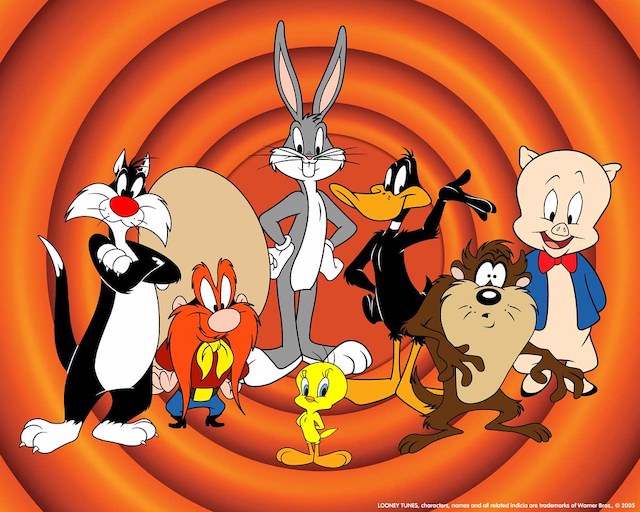
This American animated comedy series was produced by Warner Bros. from the year 1930 all the way up until 1969; however, the characters have lived on in various shows and movies ever since production was halted. Almost everyone over the age of twenty remembers the joy of plopping down in front of the TV every Saturday with a bowl of Froot Loops (another Mandela Effect for another time) and watching the shenanigans unfold. What’s strange is that most people remember the show being called Looney Toons. Toons as in cartoons, since it was a cartoon, right?
Unfortunately, this is another way that your entire life has been a lie or someone has maliciously rearranged history to leave us all desperately confused. In fact, the series was called Looney Tunes. It even had a sister series that was called Merrie Melodies, which provides context that really just adds confusion. There is a lot of strange residue worth looking into with this one, with the official Mandela Effect website (because that’s a thing) citing that it may have been a hoax or large scale prank. However, no matter what timeline you came from, it is called Looney Tunes in this one. Yikes.